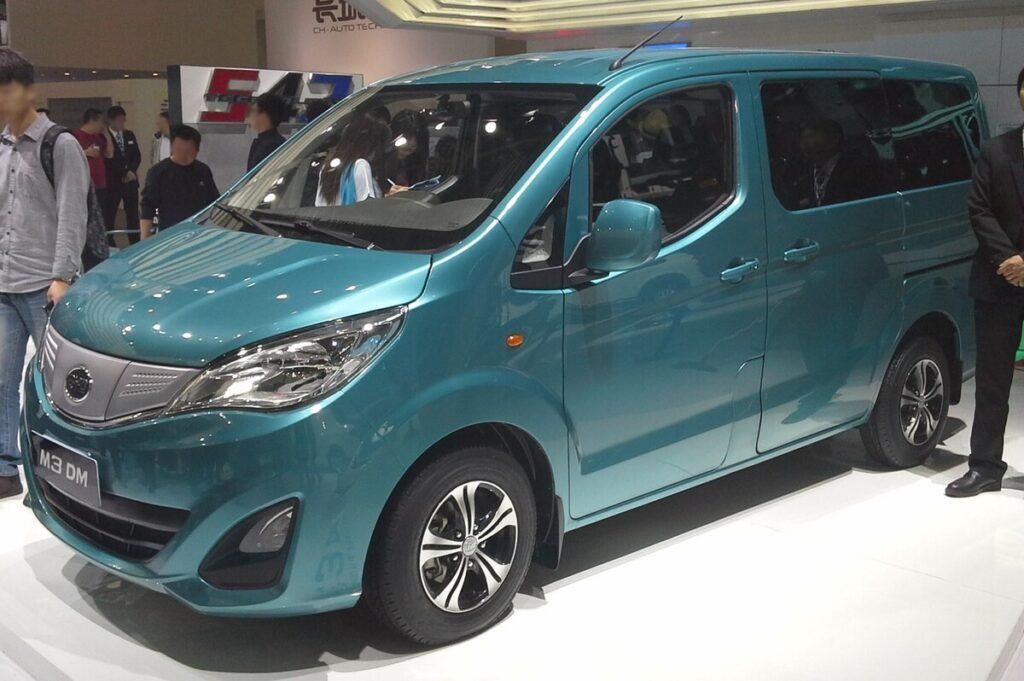
On the revenue front for 2024, Chinese electric vehicle (EV) manufacturer BYD has made headlines by surpassing Tesla. The Shenzhen-based company’s revenue grew 29% to 777 billion yuan ($107 billion; £83 billion). The strong sales of its hybrid vehicles were the primary reason for this growth. This figure beats Tesla’s reported revenue of $97.7 billion, making BYD a formidable competitor in the EV sector.
BYD’s recent triumph is also highlighted by its decision to launch a more budget-friendly model specifically targeting Tesla’s leading Model 3, which has been the top-selling EV in China for a long time. BYD will challenge Tesla’s grip on the Chinese market with this new model, particularly in the wake of continued troubles Tesla is experiencing in various regions of the world. These challenges include rising scrutiny surrounding Elon Musk’s ties to erstwhile US President Donald Trump as well as rising tariffs that have been levied on Chinese car manufacturers, including BYD, in Western nations.
In spite of these external pressures, BYD has competed very effectively on the basis of selling vehicles. In 2024, it sold roughly the same amount of electric vehicles as Tesla, with BYD’s 1.76 million EVs only narrowly behind Tesla’s 1.79 million. Yet if one includes the sales of its hybrid automobiles, BYD’s record is all the more impressive. The company had a total of 4.3 million vehicles sold worldwide in 2024, a record for the company.
Besides the staggering sales figures, BYD also unveiled the Qin L model, with a price of 119,800 yuan in China. That compares to Tesla’s Model 3 basic variant at 235,500 yuan in the same market. This new model has arrived at a time when Chinese consumers are also beset with economic woes such as a housing crisis, economic slowdown, and increasing local government debt. These economic conditions have created lower consumer spending, and the value of BYD’s products is going to attract price-sensitive customers.
BYD founder Wang Chuanfu made news recently by unveiling new battery charging technology, which he says can charge an EV to full in only five minutes. That is a big step forward, particularly when it is contrasted with the about 15 minutes it takes to get a Tesla charged up with its supercharger system. BYD has also made its “God’s Eye” advanced driver-assistance system, which it promotes as cutting-edge, available free across all its models, enhancing the value proposition for buyers even further.
Stocks of BYD have risen more than 50% in 2024, a reflection of the company’s increasing presence and popularity in the world auto market. This is also supported by support from legendary US investor Warren Buffett, whose company, Berkshire Hathaway, has been a long-time shareholder of BYD.
BYD’s success is impressive, but Tesla still struggles with a number of controversies involving Elon Musk. The latest is Musk’s appointment to lead the US Department for Government Efficiency (DOGE), a body aimed at cutting federal expenditure. This has attracted outrage, especially because of Musk’s role in international politics, including his endorsement of Germany’s far-right Alternative für Deutschland party during the country’s parliamentary elections as well as his calling out UK politicians like Prime Minister Keir Starmer.
The tensions around Musk and Tesla are further fueled by increasing political and economic considerations that could affect the future of the EV market. Chinese producers, such as BYD, have been severely challenged by tariffs on their cars in key markets like the US and the European Union. The tariffs have increased the difficulty for Chinese carmakers to compete in these markets, particularly against entrenched players like Tesla.
In summary, BYD has set itself up as a major player in the EV market due to its excellent performance and low prices, even though Tesla remains the market leader. BYD’s success seems destined to continue as a result of its record-breaking sales, state-of-the-art technology, and growing popularity in key areas such as China. Consumers will ultimately gain from the war between these two titans of electric cars, one which is likely to intensify as international political and economic situations shift.

